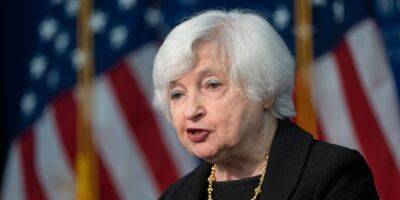Britain’s poor record on health costs economy £43bn a year, says report
Britain’s poor record on health is costing the economy £43bn a year and cutting the annual incomes of individuals affected by long-term sickness by up to £2,200 a year on average, a report says.
With official figures showing more days lost to sickness than at any time since 2004, the Institute for Public Policy Research said improving the country’s health was vital both for the economy and to boost the incomes of disadvantaged groups.
The left of centre thinktank said the government should aim to make Britain the healthiest country in the world within 30 years and urged ministers to make efforts to tackle long-term sickness the health equivalent of the drive for net zero carbon emissions.
In a report that covered seven years before and during the Covid pandemic, the IPPR said the health of the population was going backwards. The UK had rising rates of death and impairment – including greater incidence of long-term health conditions, and since 1960 had fallen from 7th to 23rd for life expectancy among members of the Organisation for Economic Co-operation and Development group of wealthy countries.
Sickness was a factor in half the people leaving work and had a marked impact on an individual’s income and job prospects, the thinktank said. The report found that in the the five years before the pandemic, the annual earnings of someone with a new physical illness fell by £1,800 on average. The impact on annual earnings was even more marked for people with a new mental health condition, falling by about £2,200 on average.
Since 2020, someone with a new chronic physical illness experienced an average fall of £1,400 in annual earnings, while the onset of a mental health condition the decrease was about £1,700 on average.
The IPPR said
Read more on theguardian.com
















